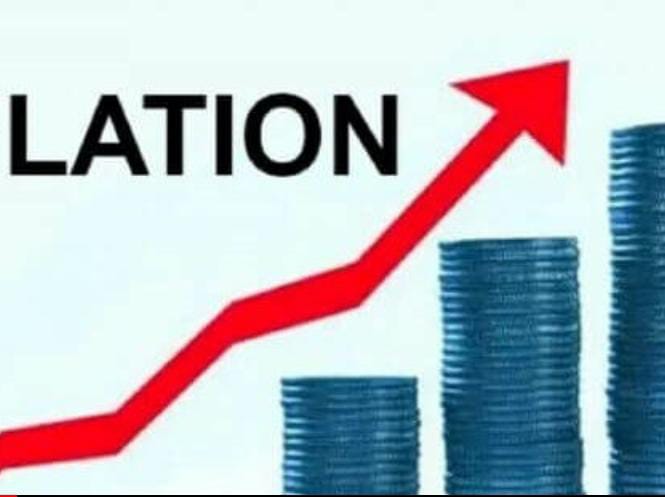Nigeria’s inflation rose to 25.80% in the month of August 2023, 1.72% points higher than the 24.08% recorded in the previous month according to the Consumer Price Index report for August 2023 released by the National Bureau of Statistics on Friday.
According to the report, the significant increase reflects the impact of the removal of petrol subsidies and the devaluation of the official exchange rate on consumer prices. Month-on-month inflation rose to 3.18% in the review month from 2.89% recorded in the prior month.
In terms of contribution to the year-on-year inflation, Food and non-alcoholic beverages (13.36%) contributed the most, followed by housing water, electricity, gas and other fuel (4.32%), and clothing and footwear (1.97%).
On a year-on-year basis, in August 2023, the Urban inflation rate was 27.69%, this was 6.73% points higher compared to the 20.95% recorded in August 2022. The Rural inflation rate stood at 24.10%, representing a 3.98% points increase compared to the 20.12% recorded in August 2022.
Meanwhile, food inflation rate jumped to 29.34% in August 2023, representing a 2.35% point increase from 26.98% recorded in the previous month and 6.22% points higher than 23.12% recorded in the corresponding period of 2022.
On a month-on-month basis, the Food inflation rate in August 2023 was 3.87%, this was 0.41% points higher compared to the rate recorded in July 2023 (3.45%).
The average annual rate of Food inflation for the twelve months ending August 2023 over the previous twelve-month average was 25.01%, which was a 5.99% points increase from the average annual rate of change recorded in August 2022 (19.02%).
In the same vein, in the month under review, all items inflation rate on a year-on-year basis was highest in Kogi (31.50%), Lagos (29.17%), and Rivers (29.06%), while Sokoto (20.91%), Borno (21.77%) and Nasarawa (22.25%) recorded the slowest rise in headline inflation on a year-on-year basis.
Food inflation on a year-on-year basis was highest in Kogi (38.84%), Lagos (36.04%), and Kwara (35.33%), while Sokoto (20.09%), Nasarawa (24.35%), and Jigawa (24.53%) recorded the slowest rise in Food inflation on a year-on-year basis.






Leave a Reply